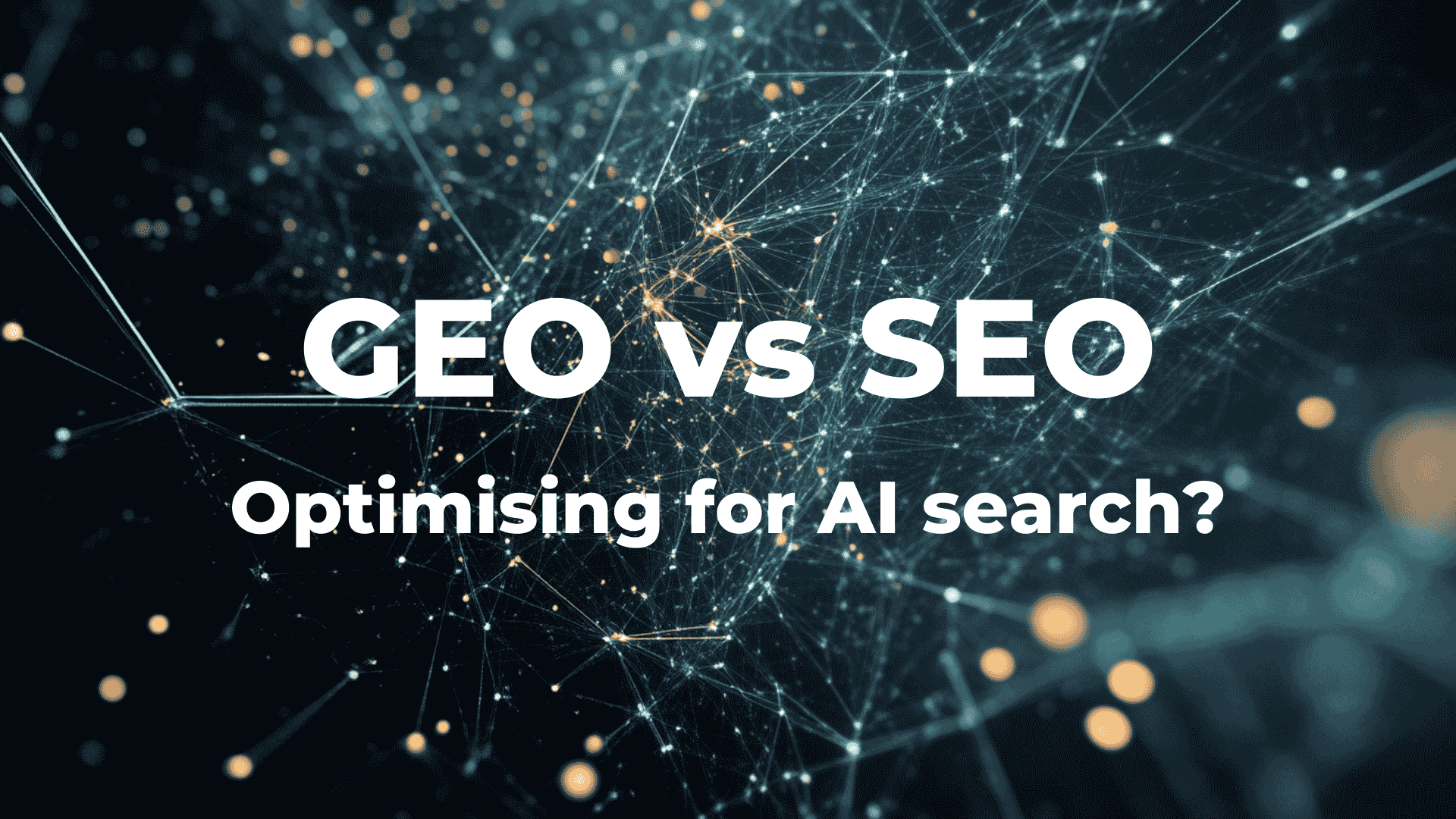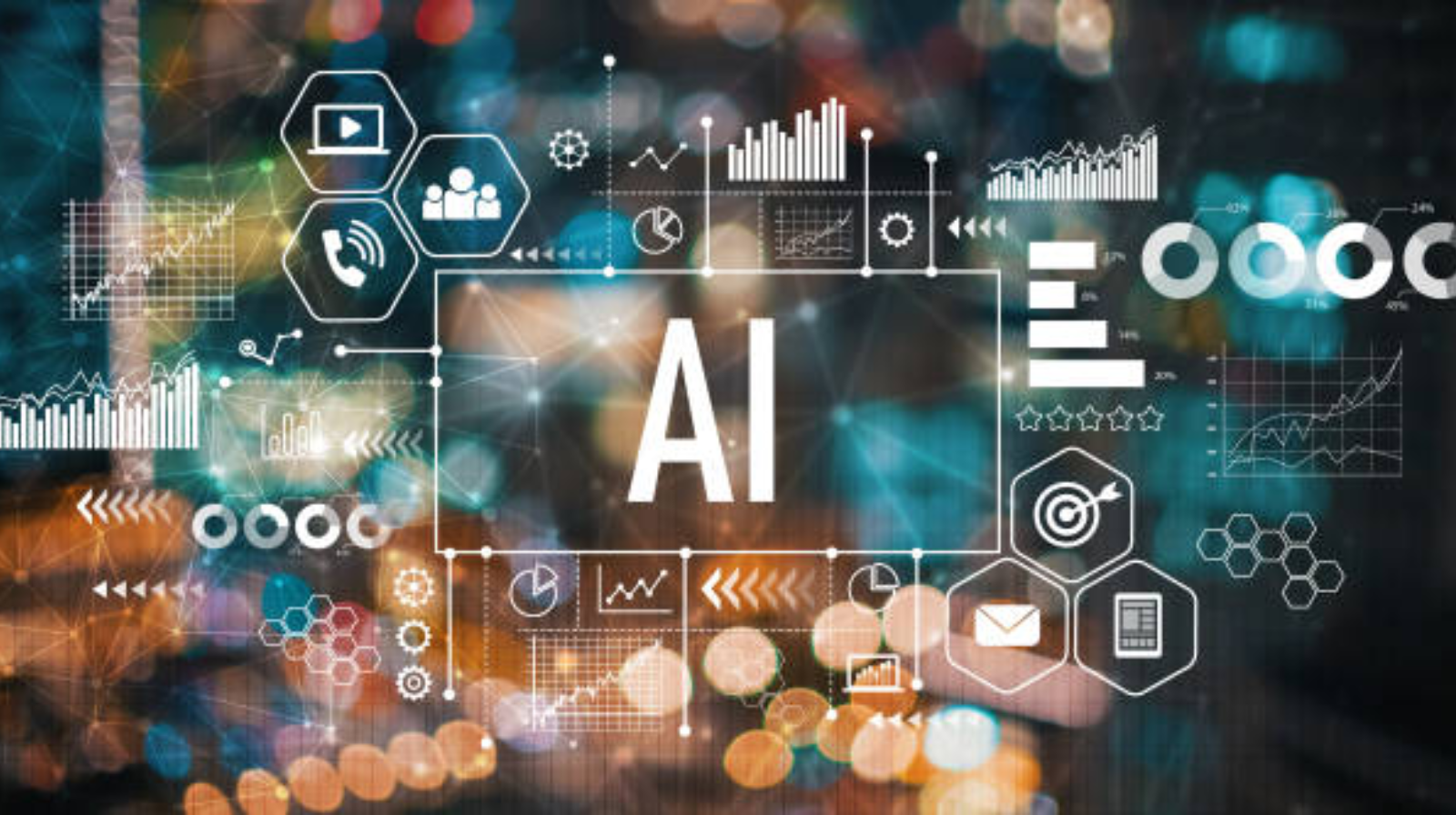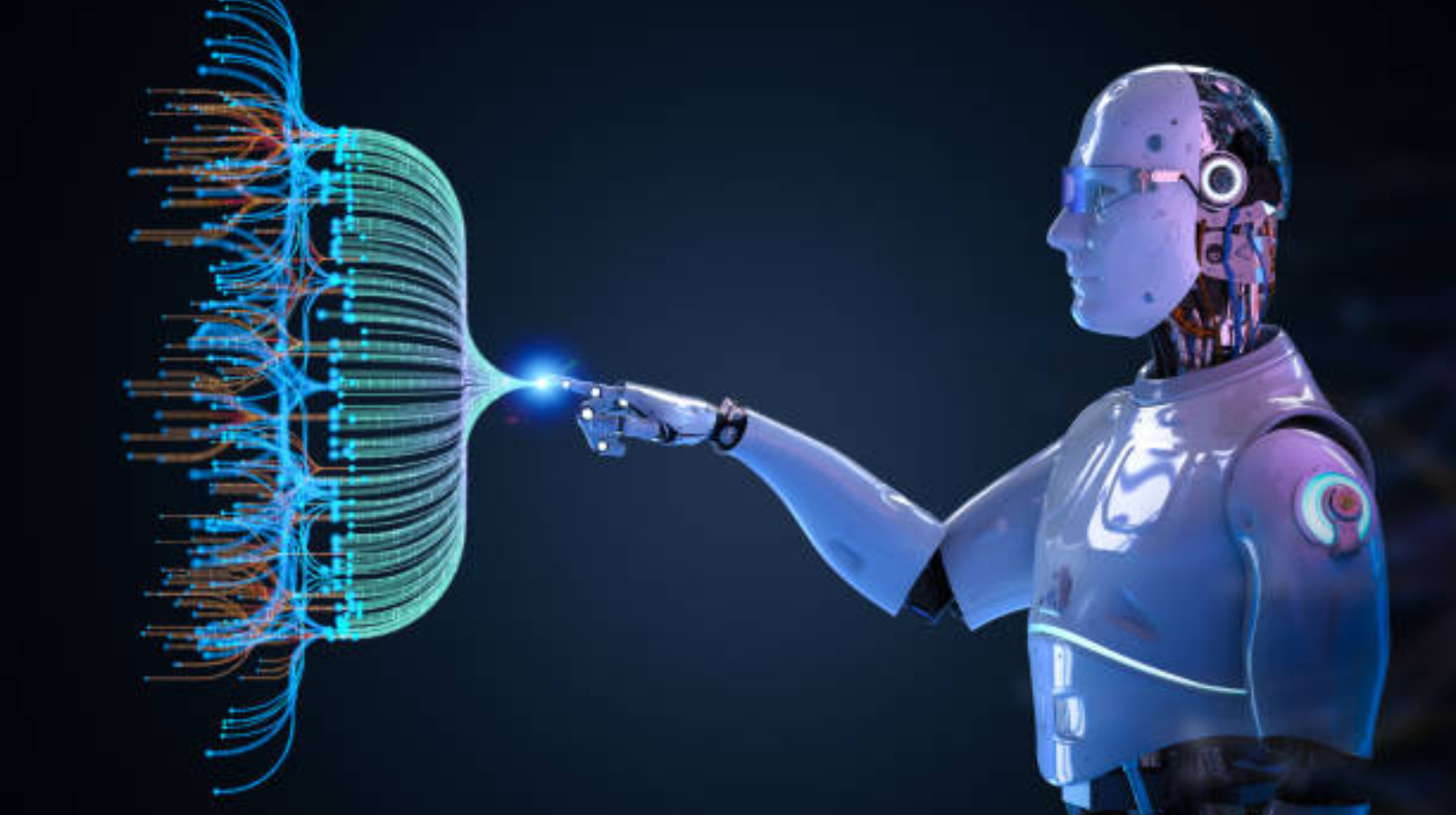Search has always been the backbone of digital marketing. For years, businesses focused on SEO (Search Engine Optimisation) as the ultimate way to rank higher, attract traffic and generate leads. But the rise of AI-driven search engines has changed the game. Today, we’re seeing the emergence of GEO (Generative Engine Optimisation), a new approach built specifically for AI search systems that don’t just list websites but generate complete, conversational answers.
This change has ignited a great controversy in the digital marketing world: GEO vs SEO What's the future of web visibility?
In this article, we will learn how AI search is transforming user behaviour, what sets GEO apart from SEO, and how you can employ strategies to remain competitive. By the end, you will have a roadmap in place to optimize content not only for conventional search engines like Google but also for AI platforms like ChatGPT, Perplexity and Bing AI.
The Evolution of Search: From SEO to GEO
What Traditional SEO Did It Focused On
- SEO is always three things:
- Keywords & Content: Writing articles, blogs, and landing pages that match search user queries.
- Technical Optimisation: Getting sites to load quickly, respond quickly, and obey Google's rules of indexing.
- Backlinks & Authority: Building trust through outgoing links, social signals, and domain authority.
For years, this recipe has served me well, especially after Google, Bing, and other search engines gave people lists of links to click.
The Age of AI Search Engines
- AI search engines are different. Rather than simply returning results, they:
- Process massive amounts of data.
- Provide direct, human-like answers to questions.
- Condense several sources into a single answer.
Websites such as ChatGPT Search, Perplexity AI, and Bing AI Copilot are driving this change. No more clicking on a few links users receive the answer straight away.
Step forward GEO (Generative Engine Optimisation)
While SEO is the process of optimising to rank higher with keywords, GEO is the process of teaching AI systems to recognise your brand or content as a source to tap when delivering answers.
GEO vs SEO: Key Differences
SEO and GEO have the same objective—visibility—but implementation varies.
- SEO: Ranking for Links
- Intends search engine algorithms such as Google's.
- Depends on keywords, backlinks, and the technical health of sites.
- Attempts to place content on page one of SERPs (search engine results pages).
GEO: Ranking for AI Answers
- Intends AI models to return natural-language answers.
- Intends structured data, credibility, and semantic relevance.
- Intends to be quoted, cited, or summarised by AI engines in resultant answers.
In brief:
- SEO cares about "being clicked."
- GEO cares about "being mentioned."
- Both are important, but the dynamics of what is important are changing with increasing AI adoption.
Why GEO Matters in 2025 and Beyond
Shifting User Behaviour
- Users are increasingly using conversational search queries ("What is the most suitable packaging material for eco-friendly products?" rather than simply "eco-friendly packaging").
- AI search tools provide immediate answers and save time.
Fading Organic Clicks
There are already reports that AI search minimises the necessity to click on conventional links. If your brand name is not being invoked by generated answers, invisibility is a threat.
Competitive Advantage
Early pioneers of GEO can manage AI-driven platforms while competitors remain focused only on conventional SEO.
How to Optimise for GEO Without Ignoring SEO
The trick is not to decide between GEO and SEO, but to combine the two. Let's dissect the strategies.
1. Create Human-Friendly, Conversational Content
Natural, readable and context-rich content is preferred by AI engines. Rather than keyword stuffing, prioritise:
- Responding to questions directly.
- Writing in a conversational tone (as if speaking to a friend).
- Dividing content into easy-to-read sections.
2. Establish Topical Authority
- Depth and expertise are appreciated by AI search engines. In order to be competitive:
- Create pillar content (in-depth guides) supported by cluster articles on subtopics.
- Maintain recurring themes so that AI systems recognize your site as a trusted authority.
3. Optimize for AI Citations
In contrast to Google blue links, AI search engines will quote sources. To get quoted:
- Employ structured data (schema markup).
- Offer concise facts, figures and definitions that AI can readily extract.
- Keep author bios and brand transparency on to signal trust.
4. Highlight Semantic Search Optimisation
AI is better at understanding context, synonyms, and intent than vintage algorithms.Employ related words rather than repeating the same keyword.
Place LSI keywords naturally (e.g., for "AI search engines," place words such as "generative AI search," "conversational AI answers," "AI-driven optimisation").
5. Support Digital PR & Back links
AI models learn from verified sources. When your company is featured in respectable news, journals, and high-authority sites, you will be more likely to be cited.
6. Keep Track of AI Search Mentions
There are also new metrics to monitor where AI engines reference your content. After this, improve strategies and track GEO performance.
- GEO and SEO in Synergy
- Why You Can't Give Up on SEO
- Google remains the largest share of the search traffic.
- SEO guarantees visibility on billions of routine search queries.
Why You Can't Risk Overlooking GEO
AI-powered search is quickly becoming the initial destination for young, technology-vulnerable users.Being nowhere in AI-computed answers threatens brand invisibility.
The answer? Hybrid optimization. By hybridising GEO and SEO, you future-proof your content marketing.
Practical Example: A Packaging Company
Take a company like Packaging Experts, keen to remain at the cutting edge.
- SEO Strategy: They employ keywords for terms such as "custom food boxes" and "eco-friendly packaging." They construct long-tail search terms in their blog posts.
- GEO Strategy: They create comprehensive, authoritative guides such as "The Complete Guide to Sustainable Packaging Materials". AI search engines deem this authoritative, and when users query "What's the best eco-friendly packaging?", Packaging Experts gets quoted.
This two-way strategy gets them ranking on both Google's SERPs and AI search snippets.
Future Outlook: Where is GEO vs SEO headed?
- SEO will not vanish but change. Classic rankings will be there but may have differing influence.
- GEO will become more prominent. More marketers will be moving towards strategies based on AI-driven discovery.
- Hybrid agencies will be born. Digital marketing agencies will instead offer SEO + GEO optimisation packages instead of SEO packages alone.
Those who can move earlier will succeed. Similarly, how mobile optimisation is now a stringent requirement, GEO will be non-negotiable in 2–3 years' time.
New Controversy: GEO vs SEO
The arrival of AI search engines also arrived with a new controversy: GEO vs SEO. But that's not an either-or approach. The smart thing to do is to follow both approaches simultaneously.
- SEO gets you rank in legacy search engines like Google.
- GEO gets you referenced in AI-provided answers on platforms like ChatGPT and Perplexity.
By combining conversational, humanised content with technical precision, brands can future-proof their digital presence. The businesses that master this dual approach will lead the next generation of online visibility.





